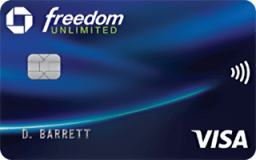Reading a bank statement allows you to track your spending, catch errors and make sure your records match what the bank has on file. Bank statements detail your transactions, balances and fees over a set period.
Understanding how to read a bank statement is part of financial awareness and security. Review your bank statements regularly — make it a habit so you make more informed financial decisions, boost your savings and take ownership of your overall financial health.











